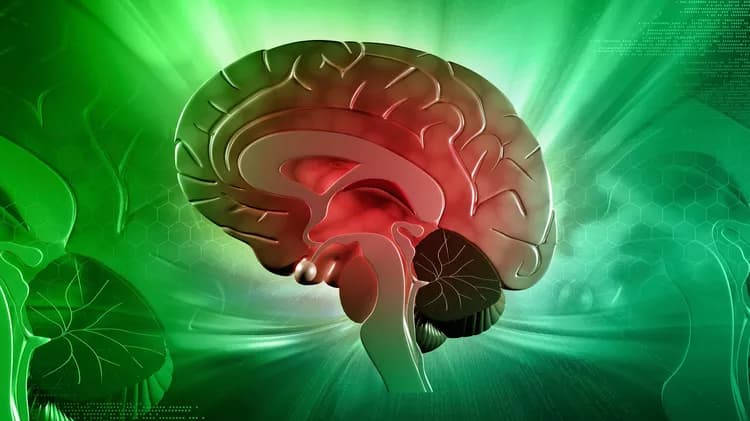
Antidepressants And Alzheimer’s Disease Drugs Might Boost Recovery In Stroke Patients
Evidence is mounting that drugs used to treat depression and Alzheimer’s disease also can help patients recover from strokes.But there are conflicting findings from studies of these and other drugs given to recovering stroke patients. Large, well-designed studies are needed before any drug can be recommended routinely for stroke recovery, according to a study in the journal Drugs and Aging by neurologists Xabier Beristain, MD, and Esteban Golombievski, MD, of Loyola University Medical Center and Loyola University Chicago Stritch School of Medicine.
“These medications have not yet been clearly proven to be of benefit to patients recovering from strokes,” Dr. Beristain said. Speech and physical therapies traditionally have been the mainstays of stroke rehabilitation programs. But more than half of stroke survivors are left with some neurological impairment. “The limitations of these rehabilitation efforts have sparked an interest in finding other ways to enhance neurological recovery,” Drs. Beristain and Golombievski write.
So far, the most promising drug treatments are antidepressants to improve motor recovery and Alzheimer’s disease drugs to boost recovery from aphasia (impaired ability to speak, write and understand verbal and written language).
About one in three stroke patients suffers depression, which can limit a patient’s ability to participate in rehabilitation. There is mounting evidence that the class of antidepressants known as selective serotonin reuptake inhibitors, or SSRIs (such as Prozac, Paxil and Celexa), may enhance neurological recovery beyond their effect on mood. Another type of antidepressant, norepinephrine reuptake inhibitor (NRI) also has shown benefit.
An analysis of 56 clinical trials of SSRIs found the drugs appeared to improve dependence, disability, neurological impairment, anxiety and depression after stroke. However, these findings should be taken with caution because the studies have different designs. Several additional clinical trials now underway are evaluating the use of antidepressants to enhance stroke recovery.
There is growing evidence that Alzheimer’s disease drugs called acetylcholinesterase inhibitors (including Aricept, Exelon and Razadyne) can improve aphasia in stroke patients. A second type of Alzheimer’s medication under study is memantine (Namenda). When used in combination with therapy, memantine has shown language benefits lasting at least one year when compared with a placebo. But clinical evidence of memantine for stroke recovery remains limited.
So far, most studies of these and other drugs used for stroke recovery have been small, employing different methodologies and time windows between the stroke and the clinical intervention.
“We need well-designed, large clinical trials with enough power to establish the usefulness of medications as adjuvants to rehabilitation before we can routinely recommend the use of these agents to enhance neurological recovery after stroke,” Drs. Beristain and Golombievski write.
The above post is a redistributed news release provided by Loyola University Health System. Note: Materials may be edited for content and length.
Disclaimer: DoveMed is not responsible for the adapted accuracy of news releases posted to DoveMed by contributing universities and institutions.
Primary Resource:
Beristain, X., & Golombievski, E. (2015). Pharmacotherapy to Enhance Cognitive and Motor Recovery Following Stroke. Drugs & Aging, 1-8.
Related Articles
Test Your Knowledge
Asked by users
Related Centers
Related Specialties
Related Physicians
Related Procedures
Related Resources
Join DoveHubs
and connect with fellow professionals

0 Comments
Please log in to post a comment.